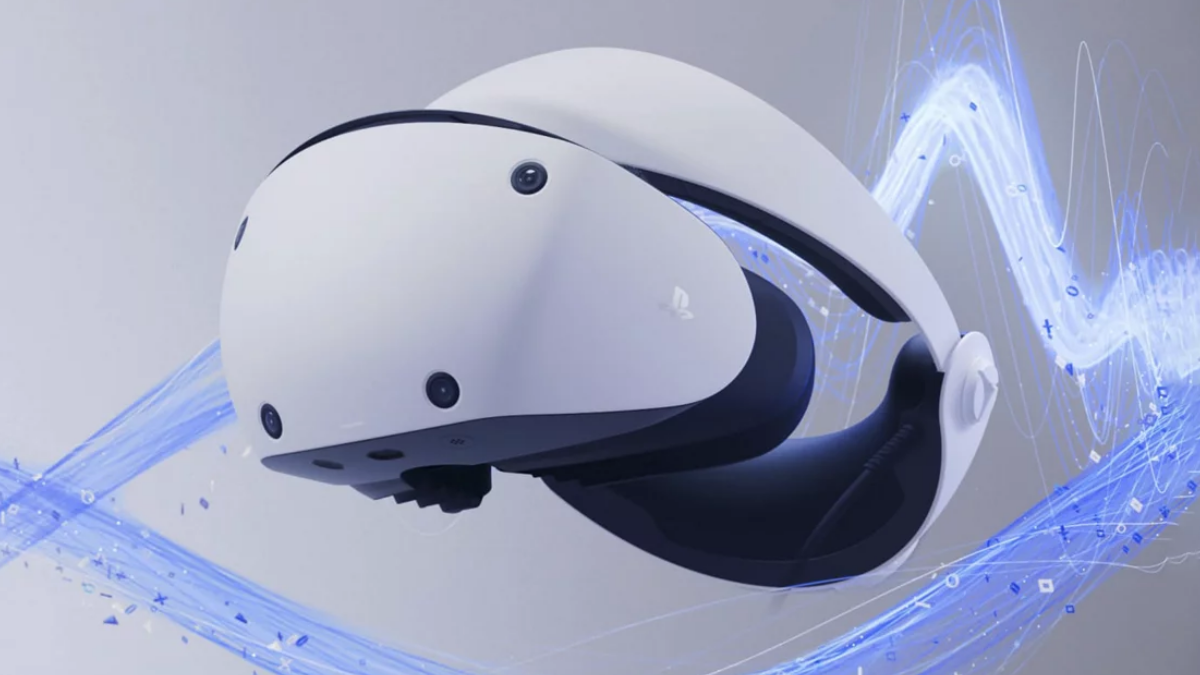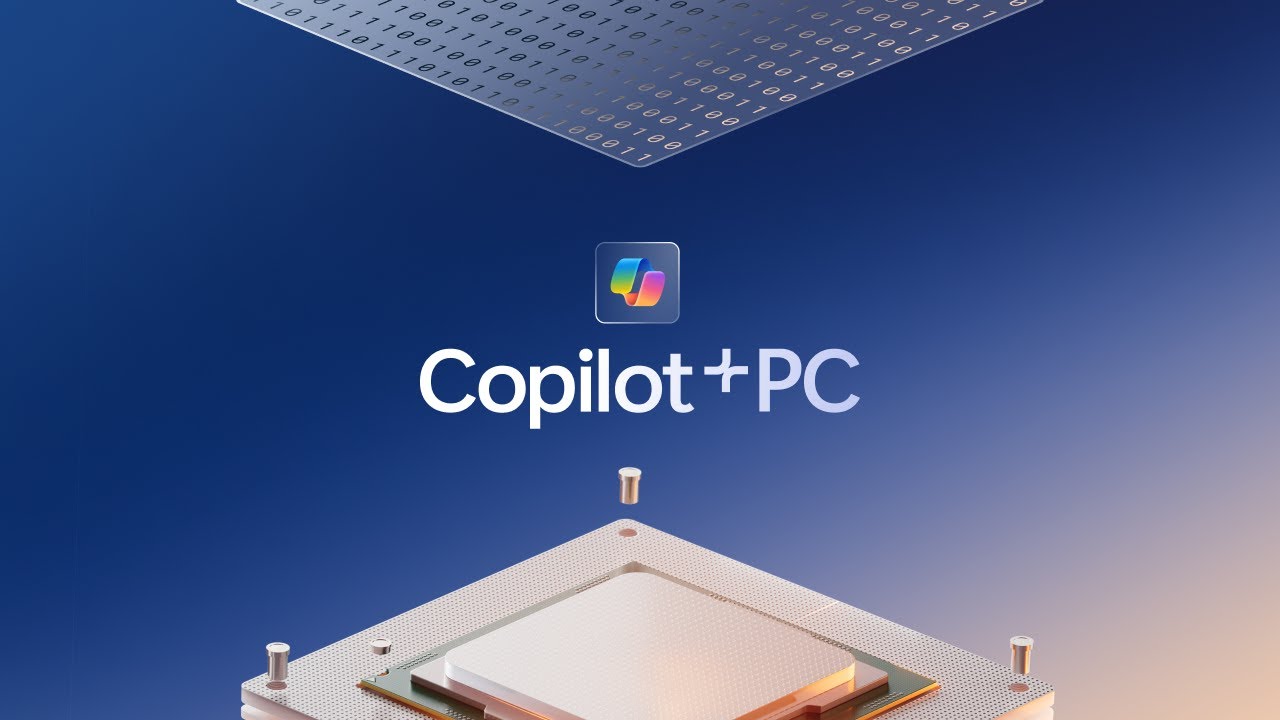Study finds Microsoft more ethical than Facebook, Google and Apple
4 min. read
Published on
Read our disclosure page to find out how can you help MSPoweruser sustain the editorial team Read more

For the second year in a row a study sponsored by Forbes and Just Capital, a non-profit research group, has found that Microsoft is the most ethical publicly traded company in USA.
The rankings are based on polling American consumers and look at areas such as how they serve their workers, customers, communities, environment and shareholders.
Microsoft topped the list, followed NVIDIA, Apple, Intel and Salesforce.com, with Google’s Alphabet in the 6th spot. Facebook was notably 149 in the rankings.
Microsoft scored high in the following categories:
Communities
Microsoft Corporation ranks 13th overall and 1st in its industry
Takes leading steps to respect human rights throughout its operations and address negative impacts. Microsoft publishes an annual Human Rights Report, which details progress made in this area. In 2018, for example, the company completed a major Human Rights Impact Assessment (HRIA) of its growing work in artificial intelligence. The company also proactively formed the AI and Ethics in Engineering and Research Committee in 2018. This internal committee works to define best practices and principles for the development and deployment of all of Microsoft’s artificial intelligence products.
Has donated $1.4 billion to nonprofits worldwide. Microsoft also fosters a strong culture of employee giving by matching employee donations up to $15,000 per year and matching employee volunteer time by $25 per hour. Collectively, Microsoft employees – in partnership with the company’s matching gift policy – contributed $163 million in 2018, supporting 21,785 nonprofits and schools worldwide.
Ensures accountability for human rights by providing grievance mechanisms and access to remedy in situations where the company may have caused or contributed to adverse human rights impacts. The company recently reviewed some of its existing mechanisms in the context of digital rights and assessed its effectiveness with the help of an external advisor.
Workers
Microsoft Corporation ranks 3rd overall and 2nd in its industry
Published its EEO-1 Survey, giving the highest level of disclosure on its workforce demographics. Microsoft is part of the 4% of companies in the Russell 1000 that publicly shares this detailed demographic report that provides information about workers by their occupation, gender, and ethnicity. Transparency around demographics is just one of the many ways Microsoft works to increase diversity and inclusion in the long term. In an effort to build a diverse pipeline of talent, the Microsoft-led Technology Education and Literacy in Schools (TEALS) program helps high schools develop a comprehensive computer science program. Over the last five years, over 30% of the program’s participants have been girls and 3% identify as an ethnic minority.
Offers robust childcare services to its employees. For over a decade, Microsoft has provided child care subsidies, discounts, and backup options for their workers. While it does not have on-site child care, Microsoft’s subsidy and discount programs help parents afford near-site childcare centers. In 2019, the company also expanded its subsidized backup childcare from 100 to 150 hours per year, giving working parents coverage in cases when their regular childcare arrangements fall through.
Supports new parents with generous parental leave benefits. All new parents at Microsoft receive 12 weeks of fully paid parental leave. Birth mothers get an additional eight weeks of fully paid maternity disability leave, totaling 20 weeks to bond with their newborns. Recognizing the importance of these benefits for new families, in 2018, Microsoft announced that it would require its suppliers to also offer paid parental leave. Under this policy, suppliers must provide their employees with at least 12 weeks of parental leave, paying up to $1,000 per week.
Environment
Microsoft Corporation ranks 9th overall and 2nd in its industry
Maintained 100% carbon neutrality in its global operations since 2012, largely thanks to its carbon fee program. Seven years ago, Microsoft established an internal per-metric-ton tax on all of the company’s carbon emissions. In 2019, they increased the fee to $15 per metric ton and announced several other commitments to improving sustainability. Some of these commitments include establishing zero-carbon campuses in the Greater Seattle Area and advocating for a national price on carbon.
Reduced product packaging weight for new devices by 20% in fiscal year 2018, exceeding the company’s 2020 goals. The company uses life cycle assessments and value stream analysis to improve product and packaging resource efficiency and achieved this reduction through right-sizing packaging and new lightweight materials.
Sets its sustainability goals in three primary areas: carbon and energy, water and ecosystems, and waste minimization. In addition to these more traditional pathways, Microsoft is also exploring a “tech-first” approach to sustainability, investing $50 million in its AI for Earth initiative. The initiative gives grants to organizations that are using artificial intelligence and other cloud computing tools to monitor, model, and manage climate, agriculture, biodiversity,
“The imperative of the 21st century is to make capitalism work for more people,” Just Capital noted.
The full rankings can be seen here.
Via wkyt










User forum
0 messages